"Conceptualizing neighborhood context in youth psychotherapy research" (Journal of Clinical Child and Adolescent Psychology, 2024)
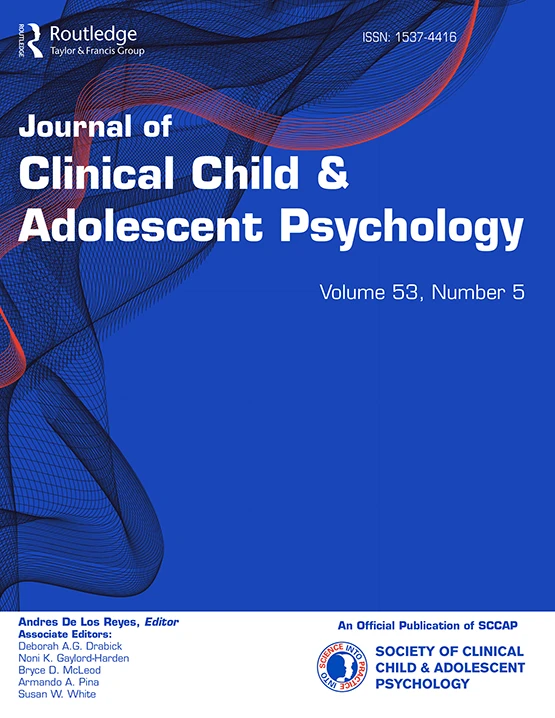 While youth psychotherapies reduce the mental health burden, their impact is limited by implementation challenges and by how neighborhood environments shape treatment outcomes. Neighborhood factors can either hinder or enhance youth response to psychotherapy, yet are rarely examined in clinical research. This article proposes advancing work in this field through collaboration, multi-method neighborhood assessment and strategies that will enhance interventions in underserved communities.
While youth psychotherapies reduce the mental health burden, their impact is limited by implementation challenges and by how neighborhood environments shape treatment outcomes. Neighborhood factors can either hinder or enhance youth response to psychotherapy, yet are rarely examined in clinical research. This article proposes advancing work in this field through collaboration, multi-method neighborhood assessment and strategies that will enhance interventions in underserved communities.



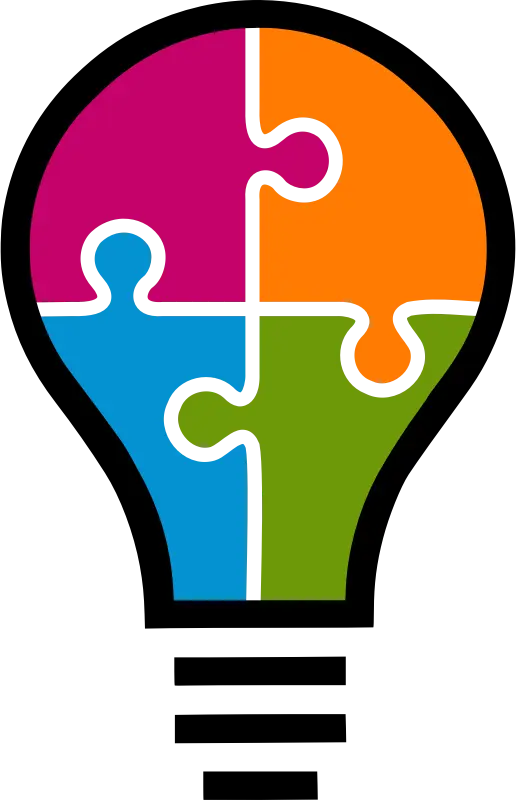
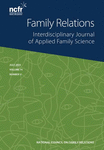 This study examined how the COVID-19 pandemic affected the mental health of caregivers of young children in Miami-Dade County over two years. Early pandemic stress and concerns about children’s behavior predicted higher caregiver anxiety and depression in 2022, while effective coping strategies lessened these impacts. Findings highlight the need for community and school policies that support families’ long-term well-being during large-scale crises.
This study examined how the COVID-19 pandemic affected the mental health of caregivers of young children in Miami-Dade County over two years. Early pandemic stress and concerns about children’s behavior predicted higher caregiver anxiety and depression in 2022, while effective coping strategies lessened these impacts. Findings highlight the need for community and school policies that support families’ long-term well-being during large-scale crises.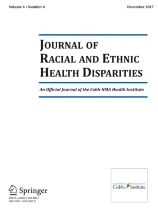

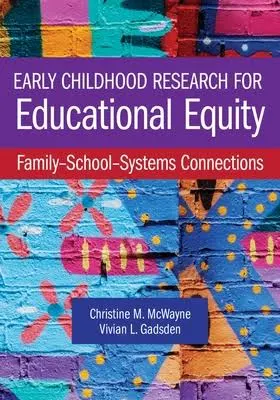 The history, development, and implementation of the Miami-Dade IDEAS consortium for children is discussed in this book chapter. Dr. Rebecca Bulotsky-Shearer and collegues provide the first person details and analysis of how cross-sector administrative data sharing can be created and sustained to generate evidence that informs data and system reform.
The history, development, and implementation of the Miami-Dade IDEAS consortium for children is discussed in this book chapter. Dr. Rebecca Bulotsky-Shearer and collegues provide the first person details and analysis of how cross-sector administrative data sharing can be created and sustained to generate evidence that informs data and system reform. While youth psychotherapies reduce the mental health burden, their impact is limited by implementation challenges and by how neighborhood environments shape treatment outcomes. Neighborhood factors can either hinder or enhance youth response to psychotherapy, yet are rarely examined in clinical research. This article proposes advancing work in this field through collaboration, multi-method neighborhood assessment and strategies that will enhance interventions in underserved communities.
While youth psychotherapies reduce the mental health burden, their impact is limited by implementation challenges and by how neighborhood environments shape treatment outcomes. Neighborhood factors can either hinder or enhance youth response to psychotherapy, yet are rarely examined in clinical research. This article proposes advancing work in this field through collaboration, multi-method neighborhood assessment and strategies that will enhance interventions in underserved communities. 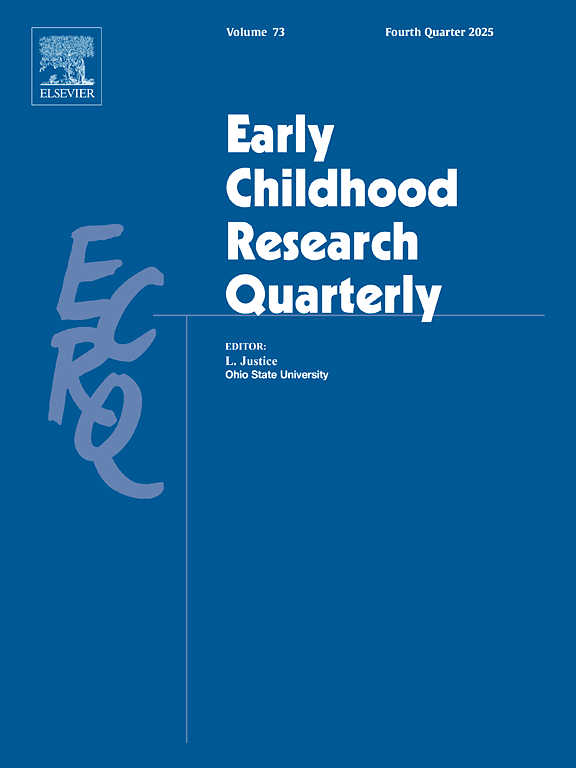 This population-based study uses data from IDS partners to examine the academic effects of attendance in public prekindergarten programs. The article details how attendance can serve as a protective factor and outlines neighborhood differences. Overall, consistent attendance for pre-k students supports academic development.
This population-based study uses data from IDS partners to examine the academic effects of attendance in public prekindergarten programs. The article details how attendance can serve as a protective factor and outlines neighborhood differences. Overall, consistent attendance for pre-k students supports academic development.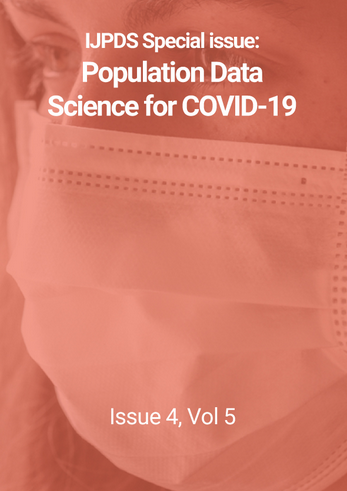 (International Journal of Population Data Science, October 2021)
(International Journal of Population Data Science, October 2021)